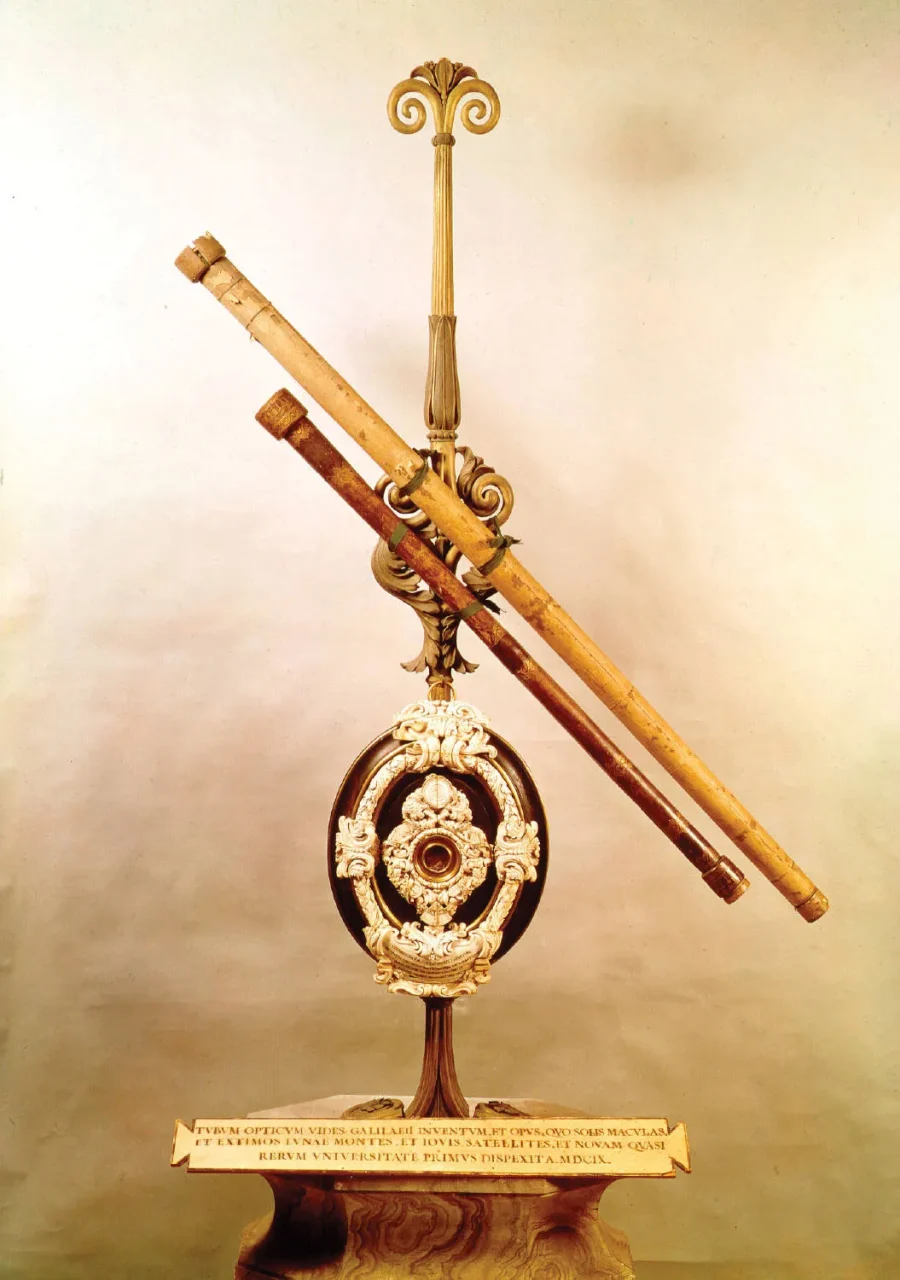A True Yunatic
Some minds don’t just observe the world – they tilt the entire cosmos. Galileo Galilei, wasn’t just a scientist – he was a celestial rebel, daring to say that Earth wasn’t the center of everything. With a telescope and an unshakable instinct for truth, he looked up and the universe changed.
He fused observation with imagination, mathematics with courage. Galileo didn’t just map the stars – he challenged centuries of belief and paved the way for modern science.
“All truths are easy to understand once they are discovered; the point is to discover them.” – Galileo Galilei
The Inner Child
Galileo’s inner child never stopped asking why? He was the kind of kid who questioned the swinging of chandeliers, sketched machines in the dirt and stayed up late wondering how moons move. That sense of wonder, paired with fierce logic, shaped everything he did. Even when silenced by the church, that childlike wonder kept him questioning quietly, stubbornly, brilliantly.
Tribbles
Galileo’s tribbles weren’t just discoveries – they were disruptions that shook the very ground (and sky):
- Tried by the Inquisition – Forced to recant, but still whispered: “And yet it moves.”
- Improved the telescope – And turned it toward the heavens.
- Discovered moons orbiting Jupiter – A cosmic plot twist that defied the idea of Earth-centered everything.
- Dialogue Concerning the Two Chief World Systems – A bold defense of heliocentrism, disguised as a conversation.

“You cannot teach a man anything; you can only help him find it within himself.” – Galileo Galilei
Connected with the Yuniverse
Galileo didn’t just observe the universe – he interacted with it. He believed that nature was written in the language of mathematics and that truth wasn’t handed down – it had to be looked for, through lenses and doubt. He turned the sky into a classroom and the stars into proof.
Spiritual
In the way seekers often are. His spirituality lived in his awe for the laws of nature, in his belief that the universe is understandable – and worth understanding.
Galileo Galilei reminds us that sometimes, the bravest thing you can do is look up – and refuse to look away.